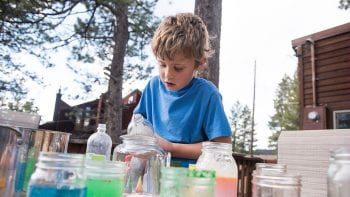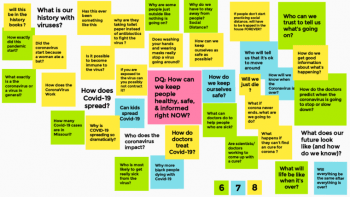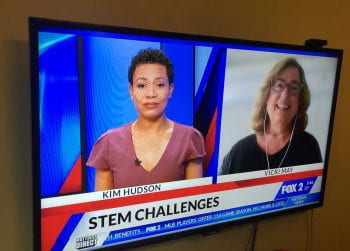A chapter co-authored by Washington University’s Rachel Ruggirello and Lauren Ashman is among 25 chapters included in the book Justice-Oriented Science Teaching and Learning: Anchoring Phenomena in Secondary Classrooms, published by Springer Nature February 21, 2025. The chapter, “How the Eruption of Mt. Tambora Shaped Present-Day Missouri: The Impact of Climate Events on Human Migration,” […]
ISP Team Co-Authors Book Chapter on Justice-Oriented Science Learning








